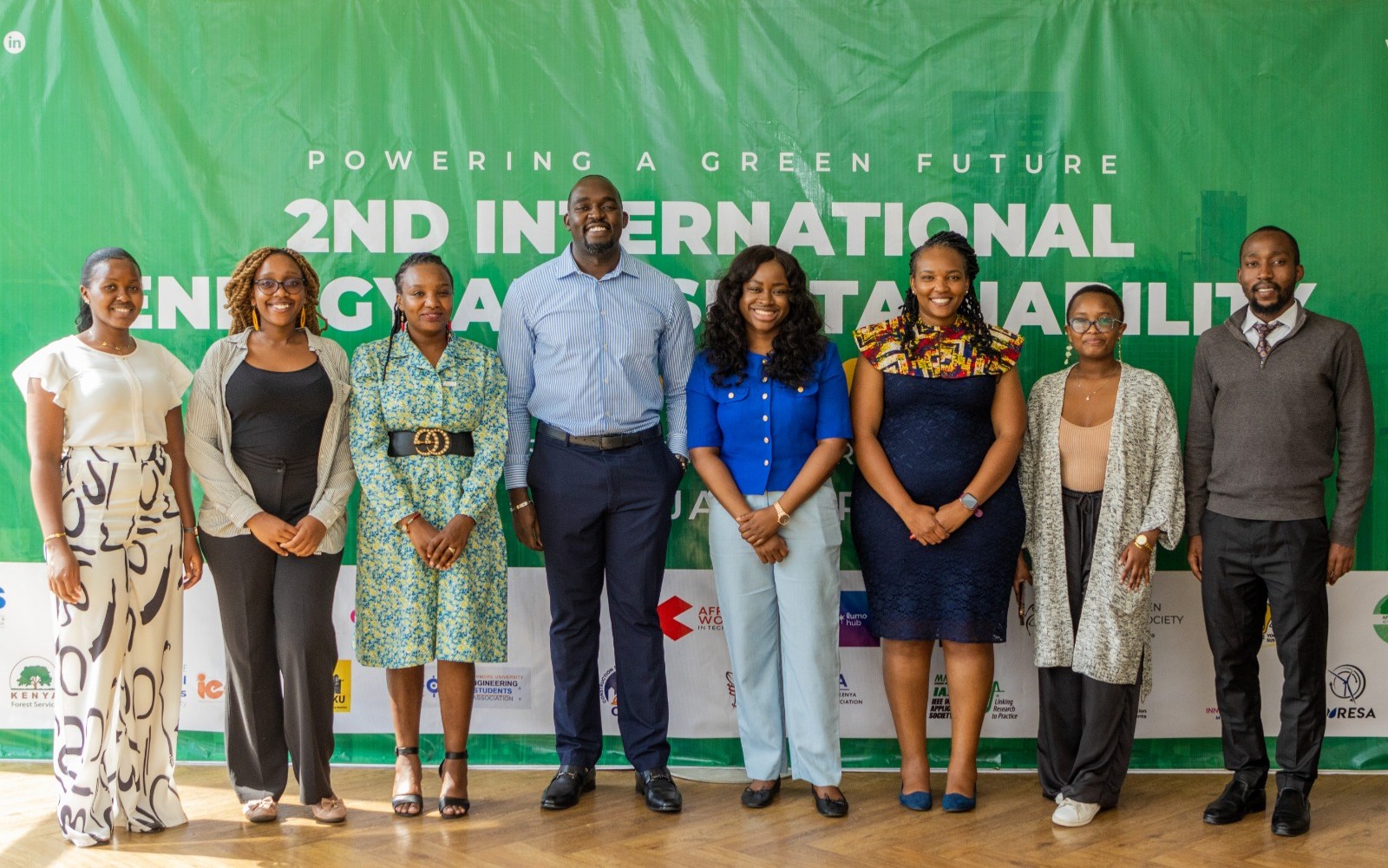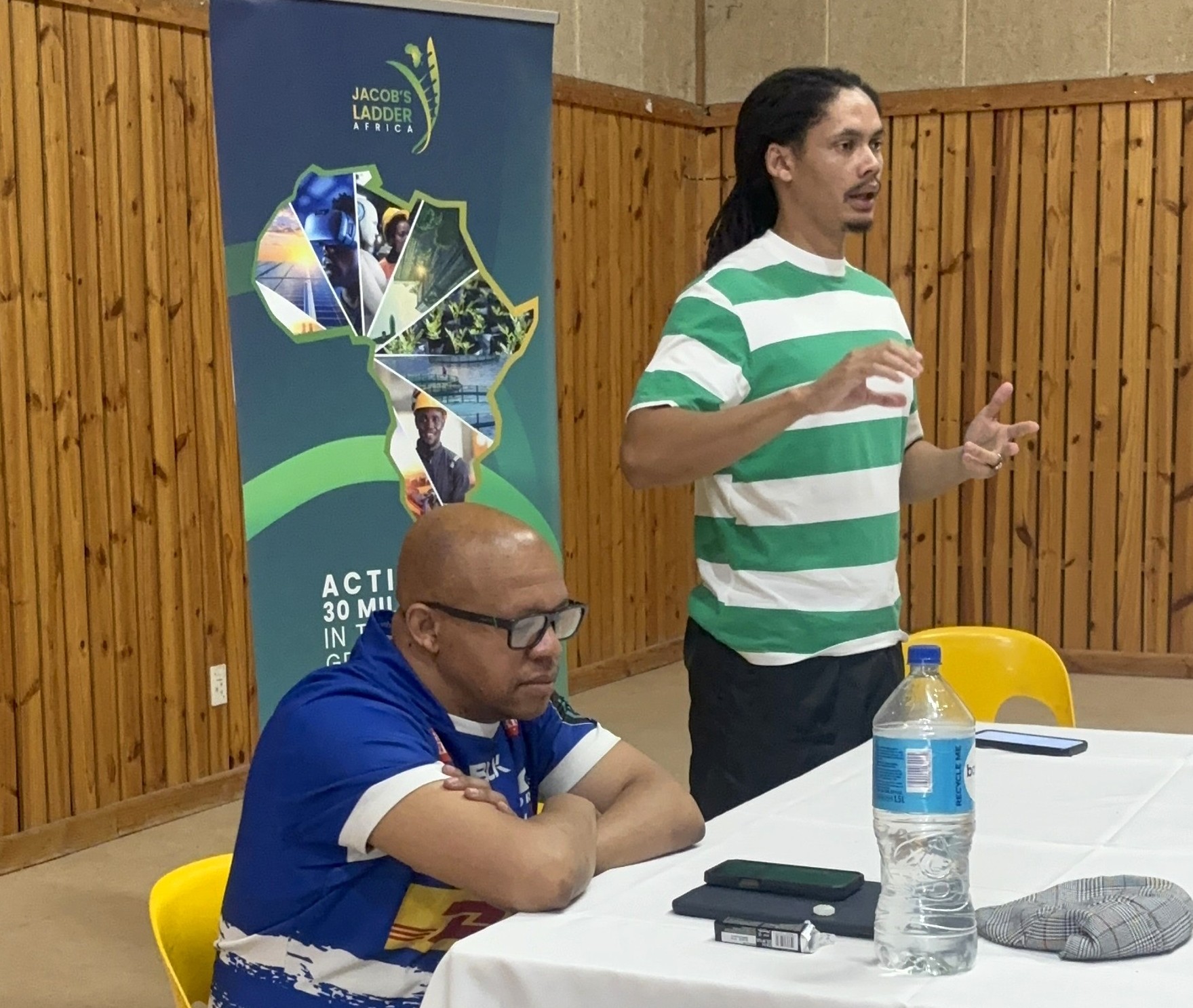Thursday, June 12th saw the usually serene town of Wote, Makueni County, come alive with the aroma of sizzling fish and the energy of celebration. Hosted by Jacob’s Ladder Africa (JLA) in collaboration with the Kenya Fish Marketing Authority (KFMA), and the County Government of Makueni, the Catfish Eating Awareness Campaign was a culinary showcase and a bold statement about the future of youth-led aquaculture and sustainable livelihoods.
Guests were treated to an irresistible spread: catfish samosas, fish balls, fillets, soup and whole fried fish with each dish crafted from locally farmed catfish raised by Makueni youth themselves. A simple yet unforgettable meal, no extra spices required. Each bite was a clear testament to the fish’s natural quality and rich flavor.
Rooted in a broader vision, the campaign championed job creation, food security, community pride, and the potential of a vibrant green economy. It set out to raise awareness of catfish as a nutritious protein option, stimulate local demand, and support young farmers in building stronger, more sustainable market linkages.
The First Harvest: A Milestone in May
On May 23rd, 2025, the morning sun reflected off the surface of carefully tended fish pond as one of the youth entrepreneurs gathered with anticipation. It was a moment months in the making, the first commercial harvest of catfish under JLA’s Aquaculture Development Program.
This milestone transformed early morning feedings, meticulous water monitoring, and daily discipline into tangible economic opportunity. In a county rich with promise, these young men and women accepted the opportunity to take the lead, building opportunity with their own hands and actively shaping their future.
The Proof of Concept (PoC) was launched in 2024 after the signing of an MOU with the Makueni County Government. The programme had a clear goal: the Development of a
pipeline of young entrepreneurs by empowering them with skills and knowledge needed
to increase their chances of success in agribusiness – the aquaculture program being one of them.
Working in partnership with local stakeholders, JLA identified ambitious youth with limited access to capital or employment opportunities and equipped them with:
- Hands-on aquaculture training covering everything from pond construction to water quality management and disease control.
- Agribusiness training where youths were equipped with skills ranging from business ideation, record keeping, marketing, customer service, managing cashflows, human resource, and financial management among others.
- Essential startup inputs including fingerlings, high-quality feed, and the necessary equipment to launch their operations.
- Continuous technical support through regular check-ins focused on fish growth and the overall well-being of the participating youth.
- Daily monitoring through data collection provided valuable insights into the behavior patterns and practices of young people engaged in fish rearing. Each youth was responsible for feeding their assigned fish and closely tracking key water parameters such as turbidity.
- Market readiness preparation to ensure participants weren’t just trained to farm, but also positioned to sell products successfully and profitably.
In regions like Makueni, catfish farming offers a climate-resilient and sustainable green job solution, well-suited to arid and semi-arid conditions. It requires minimal land, conserves water, and strengthens local food systems, making it an ideal model for future-forward livelihoods.
This initiative aligns with JLA’s commitment to activate 30 million green jobs across Africa by 2033, showcasing how accessible, high-impact interventions can drive youth employment while advancing climate and food security goals.
Transforming Youth, Transforming Communities
This transformative journey has empowered young people with a sense of agency, pride, and the ability to positively impact their communities all while generating income. Alongside technical skills, participants have cultivated essential soft skills such as discipline, teamwork, record-keeping, resilience and business acumen.
With the first harvest behind them and early market engagements underway, these budding aquapreneurs are now ready to scale. JLA will continue to walk alongside them, tracking economic progress, providing ongoing business mentorship, and opening doors to larger commercial markets.
What started as an aquaculture development program in 2024 has evolved into a doorway of hope. And from the taste of June’s fish dishes to the satisfaction of May’s first harvest, one thing that is clear is that when the youth are equipped with the right tools and trusted to lead and championed along,, they become the agents of change we all want to see.
Jacob’s Ladder Africa remains steadfast in proving that green jobs are not a distant ideal but are already thriving in the waters and communities of Kenya.






